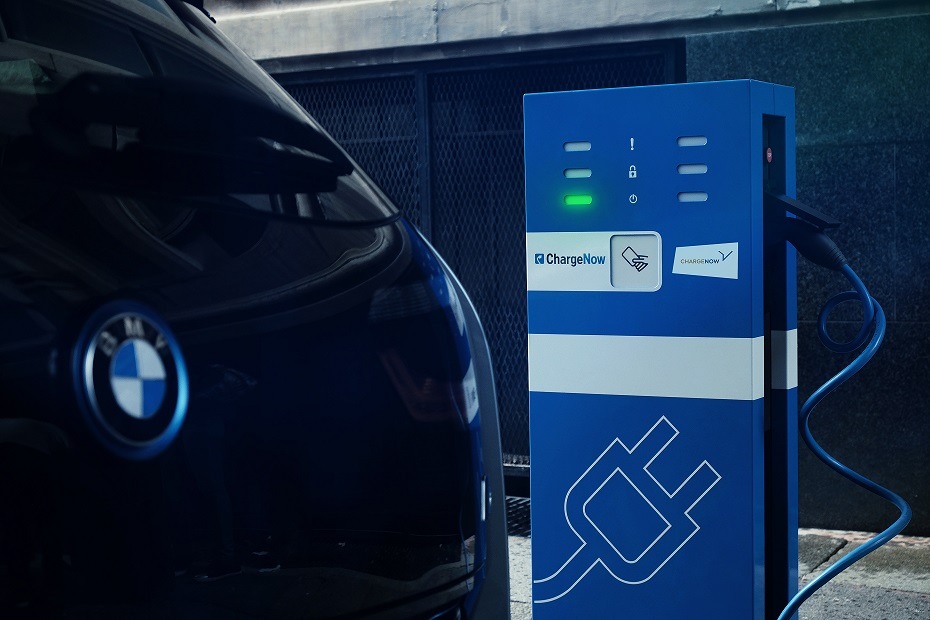BMW further expands charging infrastructure for electric vehicles
06 November 2019

6 November 2019
The BMW Group will install over 4,100 charging points for electric vehicles at its German locations by 2021. The new charging infrastructure enables BMW employees to charge their cars conveniently at their workplace, which is becoming increasingly important as more employees switch to electric vehicles (EVs). Around half of the charging points will also be open to the public.
Klaus Fröhlich, Member of the Board of Management of BMW AG, responsible for Development, emphasises: ′A good charging infrastructure is one of the fundamental prerequisites – alongside range and competitive costs – for the acceptance and growth of electric mobility. This is why the BMW Group is again making progress and investing systematically in the expansion of the charging infrastructure at our German locations.’
The plans for Germany include mainly AC (alternating current) fast-charging stations with an output of 11kW, but also DC (direct current) fast-charging stations with an output of 50kW. The power supply comes from renewable energies.
Area coverage
The majority of the charging points will be installed in the greater Munich area, but other locations include Berlin, Leipzig, Regensburg, Landshut, Wackersdorf and Dingolfing. Comprehensive user management via the Charge Now access card enables people to use the system continuously, easily and without restrictions while also offering complete cost transparency.
Since 2013, BMW has implemented 50 projects with partners worldwide and has already installed more than 15,000 public charging points, including the establishment of the charging infrastructure at dealerships. In 2017, BMW and other partners founded the IONITY joint venture, a pan-European high-power charging network that enables electric mobility over long distances. IONITY will construct and operate around 400 rapid charging stations with charging capacities of up to 350 kW along the main traffic axes in Europe by 2020.
With a market share of 21%, BMW is the market leader for EVs in Germany. For the sixth year in a row since its market launch in 2013, sales of the fully-electric BMW i3 have increased in 2019. Although the model will not be directly replaced, BMW will continue to sell it for a few more years and the plug-in hybrid version of the new BMW 3-Series, the BMW 330e, was added to the company’s line-up of electric vehicles in August.
BMW aims for a quarter of its vehicles sold in Europe to be electrified by 2021, a third by 2025 and half by 2030.
BMW recently confirmed that Oliver Zipse will replace Harald KrÃœger as the company’s CEO. One of the reasons for KrÃœger’s downfall is believed to be BMW’s lack of progress in electric vehicles. There have been questions over the carmaker’s commitment to the technology and its failure to capitalise on its early adoption of the technology with the i3.